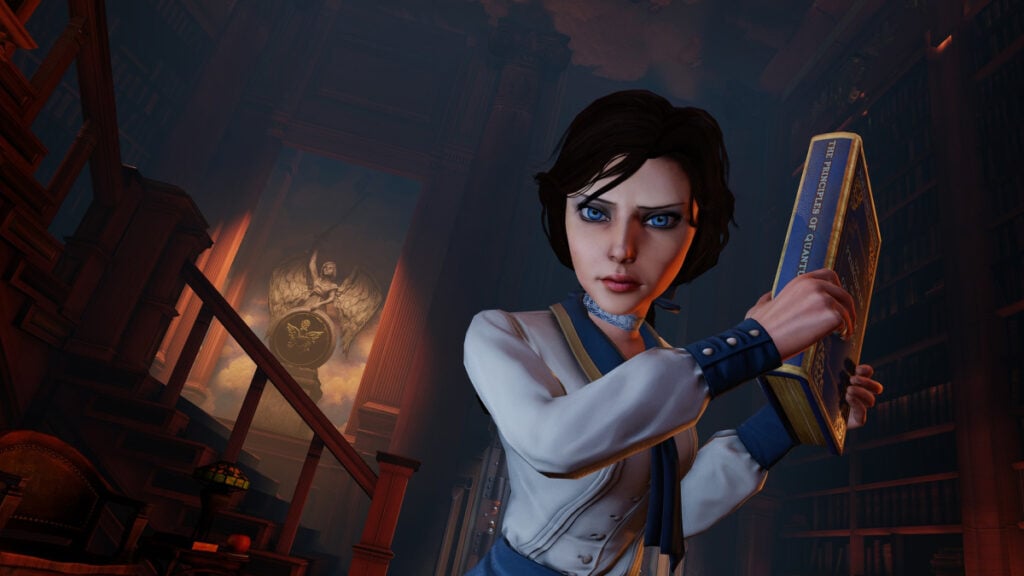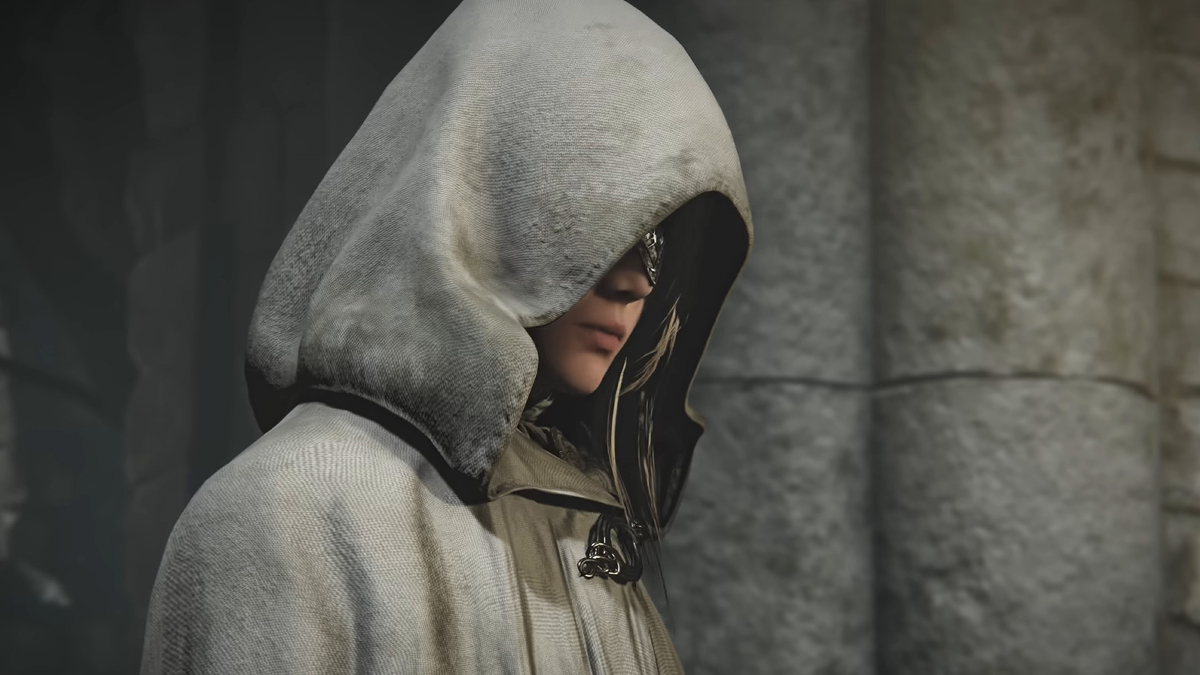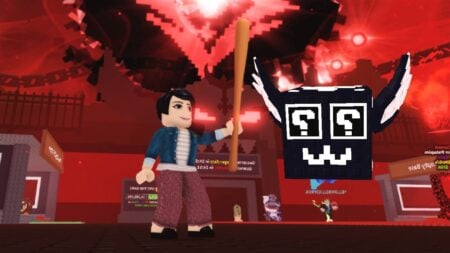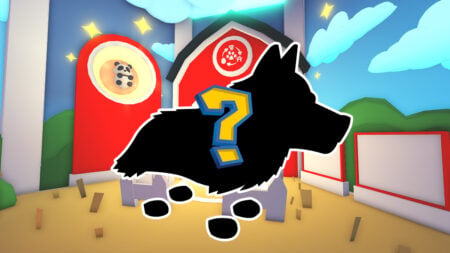The creator of the BioShock series, Ken Levine, has been wanting to create a game with a very interactive narrative in Judas. With the release date approaching, the developer talked with GamesIndustry.biz, where he speaks about the art of storytelling in games and AI. He started the interview by saying that he wasn’t a huge fan of cutscenes due to their lack of interactiveness. Ken Levine explained that Judas took so long to develop because he wanted to make the game’s narrative more responsive to players’ decisions.
Levine believed that video games were unique because they allowed players to interact with their creations. He placed heavy importance on players’ decisions, wanting them to feel that their choices mattered. That’s why Levine wanted Judas to recognize players’ actions. He wanted the NPCs to observe players’ activities and respond appropriately. “It’s a huge amount of work because you have to think of all the things a player can do and then write in-character responses for different characters to those actions in a way that feels organic,” Levine said.
During the interview, the topic of AI also came up. When asked about his opinion about it, Levine said, “I don’t want to underestimate it. I think it’s very powerful.” However, he also pointed out that the current weakness of AI is its lack of persistence. Although it could generate realistic images and videos, it could not make a cohesive product. He said that you could generate a video of a woman walking down the street, but you couldn’t make her walk backward and show where she had been.
Levine said that AI could still be very useful, such as training a bug database to query to find out which bugs would show up in certain situations. At the same time, he believed that AI could not yet tell a compelling story with a three-act structure. He said that they didn’t use generative AI for their concept art due to legal issues. After all, it’s widely known that generative AI stole artworks from countless artists who post their art online.
Levine expressed his gratefulness for being given a chance to take such a big risk with Judas. He understood that AAA games had gotten so expensive that taking big risks was dangerous. He also noted that not innovating wasn’t the answer because people would get bored. He said it wasn’t easy to move away from the BioShock franchise, but he saw his opportunity to make a new IP, and he took it.








